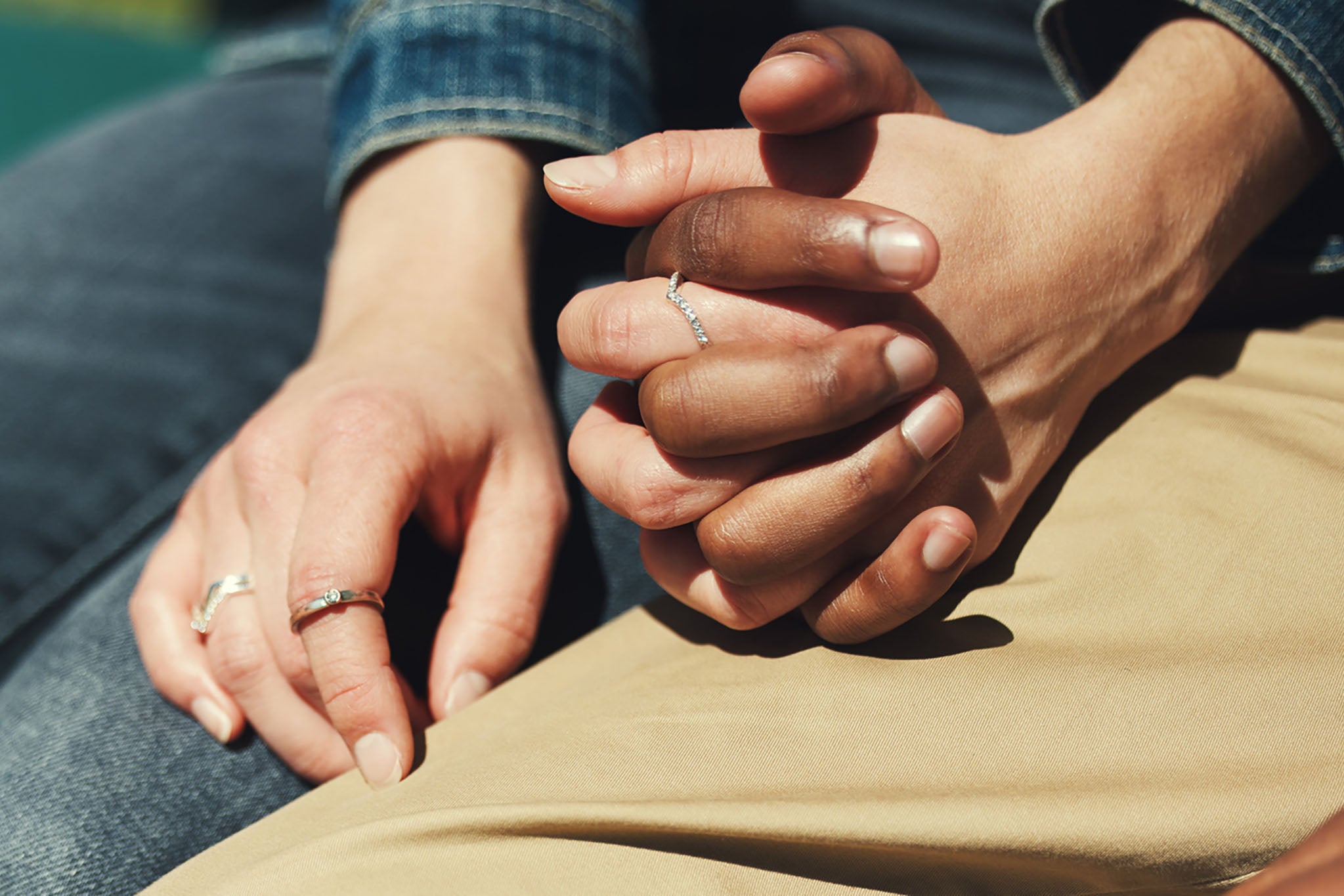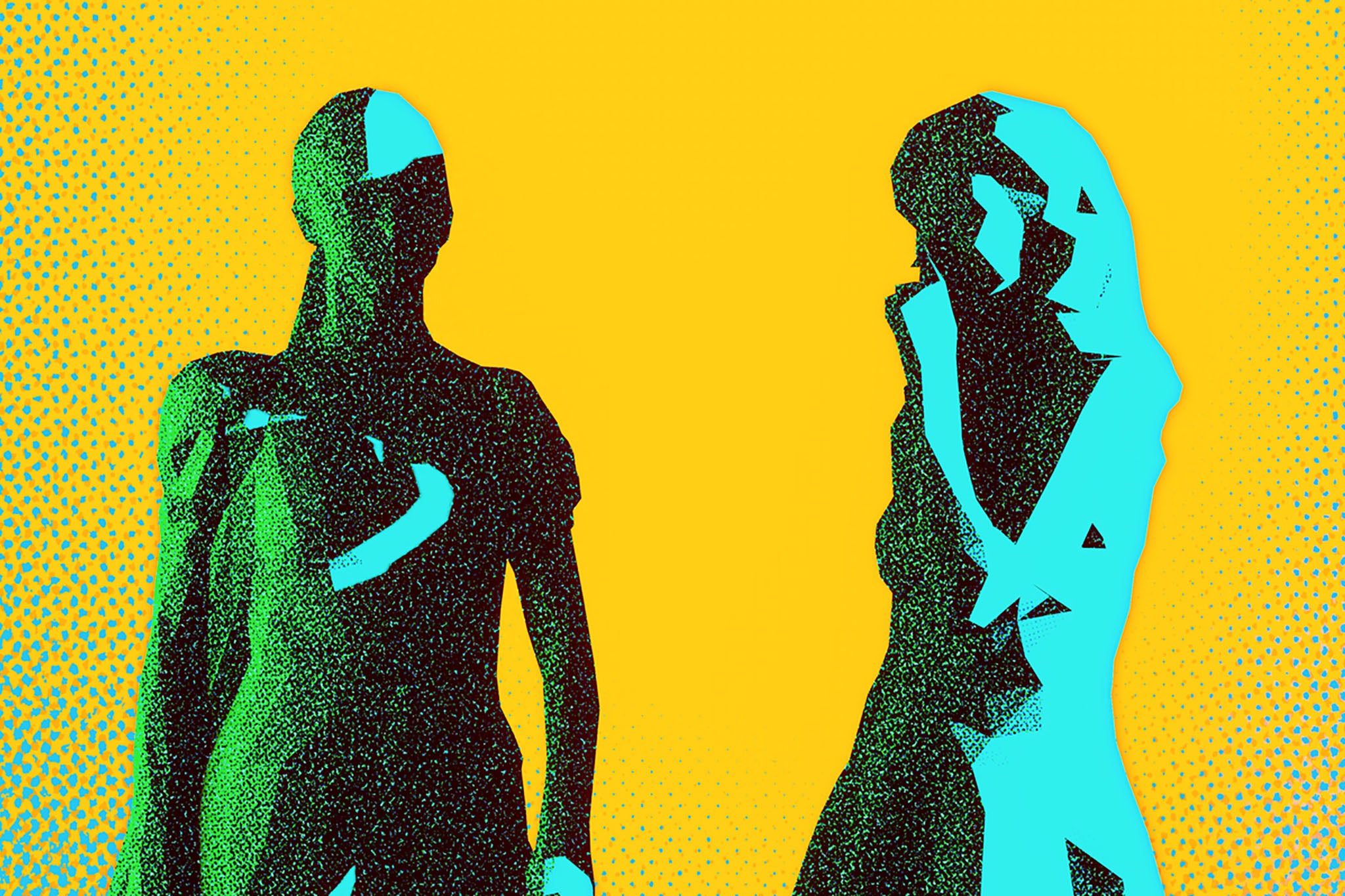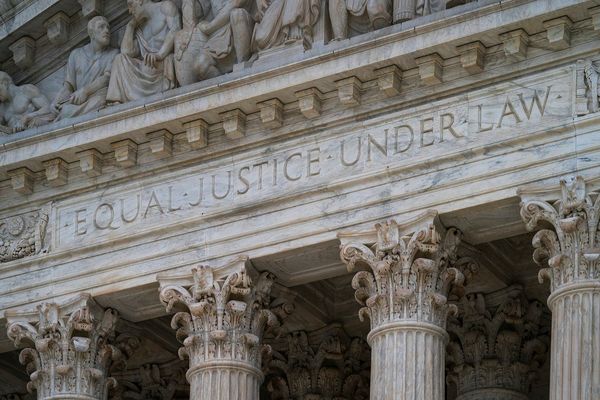
When Anisha, a bright, 25-year-old Oxford graduate, broke up with her boyfriend of five years, she felt relieved – she had managed to keep the entire relationship hidden from her strict Bengali Muslim family. Sneaking out and lying to her parents had become an ordeal, but it didn’t end with the break-up of her first serious relationship. Anisha had an even bigger secret she was hiding from her family since she was a child – that she no longer identified as a Muslim.
Although moderate Muslims have worked to change perceptions, renouncing faith – otherwise known as “apostasy” – remains deeply taboo in Western Muslim communities. Anisha is one of potentially thousands of ex-Muslims in Britain, many of whom grew up in the UK but remain in the closet about their apostasy, fearing rejection and isolation if they “come out” to their families.
The number of this small minority is unknown and poorly researched, says Terri O’Sullivan, apostate services development officer at Faith to Faithless, an organisation that helps people who are leaving or have left religion. She estimates that they could number in the hundreds of thousands, but that their invisibility “makes them more vulnerable”.
O’Sullivan says thousands have reached out to the organisation to discuss love and relationships with other peers. “It’s what we talk about more than anything else, our connections with other people and how those are strained because of religious tensions. Some relationships get stronger as a result, but most relationships can’t survive that level of difficulty.”
Like Anisha, other ex-Muslims who’ve spoken to me say they are living a secret double life, something that presents huge challenges when it comes to dating and relationships. For some, it has meant delaying big life decisions, such as getting married or starting a family, while others have chosen to keep their families in the dark about their other halves.
The game was up for Anisha, though, when she returned home from work one day last year to find her older brother, emotional and angry, demanding answers. He had discovered a photo album in her room filled with pictures of her and her Punjabi Sikh ex-boyfriend on holiday in Spain, Greece and New York. The argument that followed got heated, Anisha says, and it quickly turned ugly when her family realised she was no longer a Muslim.
I think not hiding it really does matter, because if you hide then people have power over you. When you say, ‘This is who I am, deal with it,’ you take that power dynamic away
“My mum went ballistic,” she says. “My dad’s the dramatic one, but my mum? That’s when you know it’s serious, when she was acting like her soul was about to be ripped from her body. Me doing the unfathomable, being in a relationship, that was like the limit of their brain power. The thought beyond that of ‘she might not believe [in god]’... that was too much to bear.”
Anisha has since moved out of the family home in east London and is living independently in another area of the city. But like most ex-Muslims, she was cautious about giving away the location. Although she feels she can now live more freely, Anisha cannot bring herself to tell her parents about her new partner, a British man from a Polish Catholic background whom she has dated for about a year. Her parents are in a state of denial over her leaving Islam, she says, and they believe she will one day return.
None of the ex-Muslims who spoke to me felt they were at risk of violence, but they were acutely aware of the abuse they could face if they spoke publicly, particularly within south Asian communities, where faith is deeply tied to cultural identity. Expressing doubt in religion and romantic relationships is often considered taboo in these communities, meaning that there are no safe places or people to confide in, says Nadiya Hussain, a counsellor and psychotherapist who specialises in supporting people from south Asian backgrounds. “For those who can speak about it, it may be met with a level of denial, rooted in shame,” she adds. “When we live under the narrative that our parents sacrificed a lot to give us the life we have, the guilt around not being who they want us to be in return for this can be all-consuming. It can prevent us from being honest about who we truly are.”

Resistance to changed attitudes and lifestyle could be attributed to “the immigrant time-warp”, Hussain says, where older generations cling on to the culture and religion they brought with them, as it’s the only piece of home they have. Hussain suggests that some communities in India and Pakistan are adopting modern changes more so than those who left for Western countries. “Parents that migrated sometimes can’t accept the change they are seeing in their culture from the next generation, because accepting that change would be letting go of the last snapshot of their homes, a picture that forms their identity.”
One way closeted ex-Muslims have sought to overcome the issue of disapproving parents is by dating other apostates who are willing to keep up the pretence of being a Muslim. A glance at the exmuslimr4r subreddit reveals dozens of personal ad-style posts reflecting this trend, both in the UK and around the world.
It was something Imaan, a lively 28-year-old British Indian from west London, had once considered. While no longer identifying as a Muslim, she still follows the customs and traditions of her south Asian heritage and was eager to get married. She introduced her ex-Muslim boyfriend to her parents during Covid, but they did not feel he was right for her. Although heartbroken by their response, Imaan admits her parents were ultimately right. They broke up shortly after that.
“At the time, I thought I had to get married and be with my also-closeted husband, and we can come out together,” she says. “But now I am thinking the reason I haven’t found someone is because the universe is telling me I need to get over this roadblock first and be honest with my family.”
Before I left Islam, I felt like if I have kids they have to be biological kids. I am now 33 and I am thinking, f**k, I don’t have much time
Imaan has batted away pressure from extended family to get married, but after the recent loss of her paternal grandparents, she feels she can no longer delay. She plans to come out to her mother first, by writing a story where she will reveal her true feelings through metaphors, hoping that her English teacher mum will be able to read between the lines. “I didn’t want to do it in person because I’m a bit of a wuss like that,” she jokes.
For some ex-Muslims, the decision to leave faith may come later in life, as it did for Priya, 33, a British Bengali healthcare worker in London, who is married to a Muslim man. They had met on the dating app Muzz, then known as Muzmatch, when she was a hijab-wearing devout Muslim. After years of soul searching, Priya has no qualms about leaving Islam, but it has sparked difficult conversations with her husband of five years, especially around the topic of children. While largely supportive, he has struggled to come to terms with it.
When she was questioning her faith, her husband was “emotionally absent”, Priya says. “He would never talk to me about it, to this day, he never brings it up. Seeing how absent he was made me realise he is not OK with having difficult conversations. And there are going to be so many difficult conversations about how we are going to bring up our kids.”

Previously, Priya felt adoption was not an option. She explains that if they were to adopt a girl, she would have to wear a hijab around Priya’s husband once she comes of age. “Before I left Islam, I felt like if I have kids, they have to be biological kids,” Priya says. “I am now 33 and I am thinking, f**k, I don’t have much time. I need to bang them out, like, now. Now I am like, ‘f**k this.’ I could just adopt a kid when I’m 40. My whole stance on kids has changed.”
Coming out as non-Muslim is hard enough, but coming out as gay is near-impossible, as one 43-year-old British Bengali activist, who goes by Veiled Rose online, understands. She has concealed her relationship with another woman for more than 20 years, despite the two sharing a flat together in the Midlands. Her partner, an English woman “with pearly skin and a penchant for the simple things in life”, has met Rose’s family on several occasions, but she was only ever introduced as “somebody I share the rent and bills with to make it easier to live”, Rose says. “They can’t even accept that I am not married to a man, let alone understand that I am gay.”
Rose has always had a tumultuous relationship with her family, but the “masking, lying and pretending” took its toll on her mental health. She decided to sever ties with them two years ago. Her family are still none the wiser about her relationship or that she is no longer a Muslim, and Rose is okay with keeping it that way. “I feel much more in control and a lot more assured of making the right decisions; I am not held back by things like doubt.”

Not all ex-Muslims are shunned by their families and communities, and with a bit of patience, some emotional juggling and a willingness to navigate sensitive boundaries on both sides, relationships can be maintained. This was the case for a Sri Lankan-born software engineer in southwest London, who only wanted to be known by his initial H. While stressing that everyone’s experiences are different – especially for women – he has found that honesty, while it may not guarantee acceptance, can open the door to mutual understanding. “I think not hiding it really does matter, because if you hide, then people have power over you,” H says. “When you say, ‘This is who I am, deal with it,’ you take that power dynamic away.”
H came out to his family nearly 20 years ago, and while there was some resistance at the start, they eventually accepted his views on faith, as well as his English girlfriend, who is now his wife and the mother of his two children. He proudly shows off the photos from their wedding in 2017, showing the beaming couple surrounded by family and friends dressed in suits and sarees, with women in their best hijabs and fascinators. H, who is now in his late 40s, says he kissed his bride, which might have been awkward for his conservative parents, but it was a moment he was not willing to compromise on.
One of his brothers, who is a devout Muslim, didn’t attend the wedding because of the alcohol, but their relationship has improved over time, especially since both became fathers. “My brother’s kids and my kids are really close, we make an effort to meet,” says H. “To the extent where I even hosted Eid at my house. I had booze in the cupboard, but still...”
*Names of ex-Muslims have been changed to protect their identity
Women who won’t date men based on height deserve to be single
What is the Hajj pilgrimage and Eid al-Adha? Everything you need to know
Get off Feeld if you’re ‘vanilla’ – it’s not for you and that’s OK
10 great Father’s Day recipes – from Tom Kerridge’s smoky ribs to Guinness brownies







